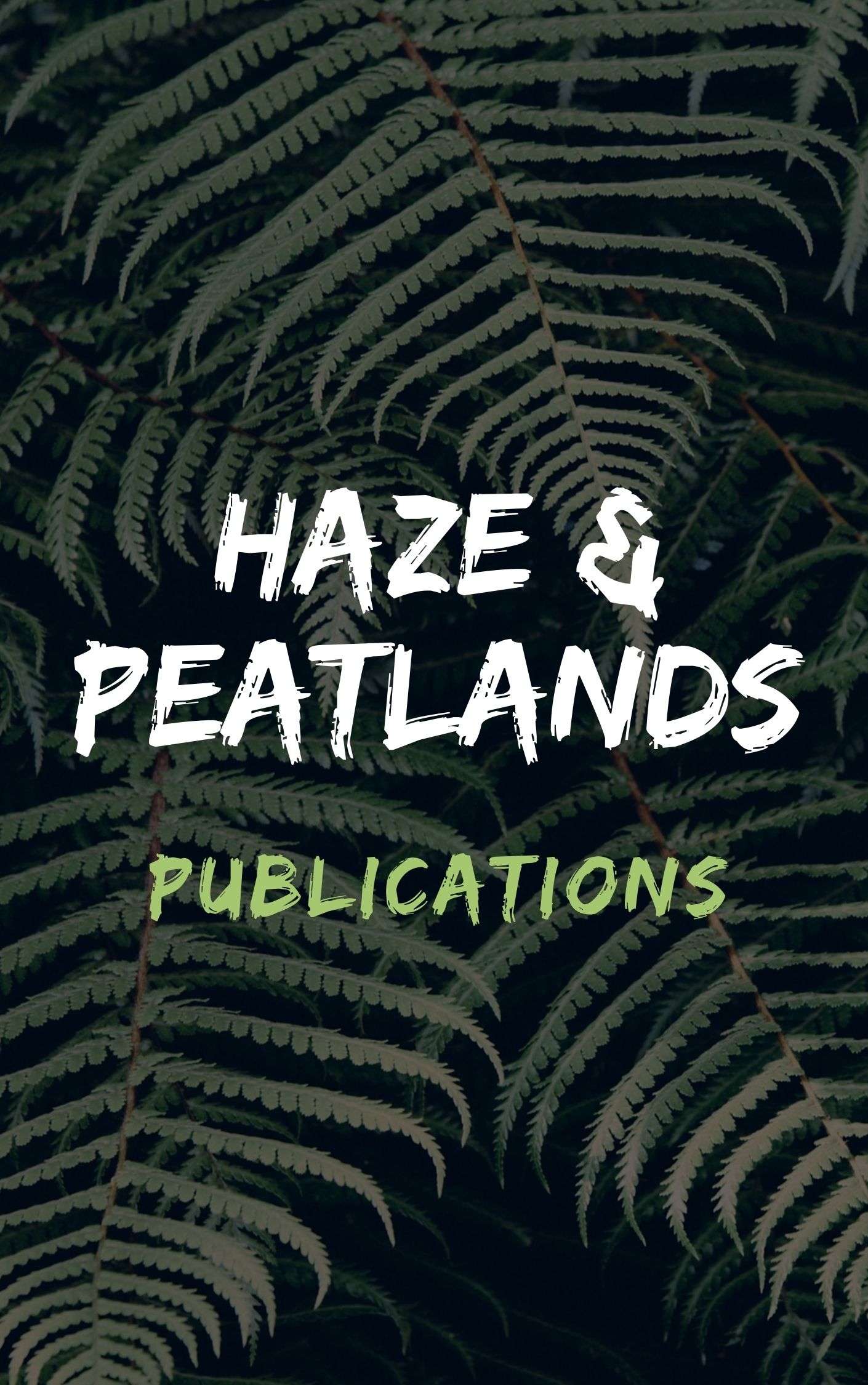The application of organic amendments can improve soil quality and influence bacterial communities, contributing to enhanced soil health in agricultural systems. This study investigated the effect of using rain tree leaf, corn husk, and peat moss as soil amendments, supplemented with plant growth promoting rhizobacteria on communities of bacteria in the tissue and rhizosphere of Jerusalem artichoke. The plants were observed for 120 days after transplanting. Polymerase chain reactiondenaturing gradient gel electrophoresis (DGGE) technique was used to investigate the impact of both organic amendments and bacterial consortium with comparative profiles. Comparison DGGE profile by clustering analysis did not clearly separate each organic amendment and bacterial inoculation, but principal component analysis (PCA) revealed that plant age had an influence on tissue and rhizosphere bacterial communities. The results indicated that soil amendments and bacterial inoculation had no effect on bacterial community shifts. Interestingly, the genera of bacteria able to most colonize in the tissue and rhizosphere were the uncultured bacteria. Thus, we provide promising data for boosting Jerusalem artichoke growth and soil quality with potential organic amendments to improve soil with sustainable strategies.
View source

